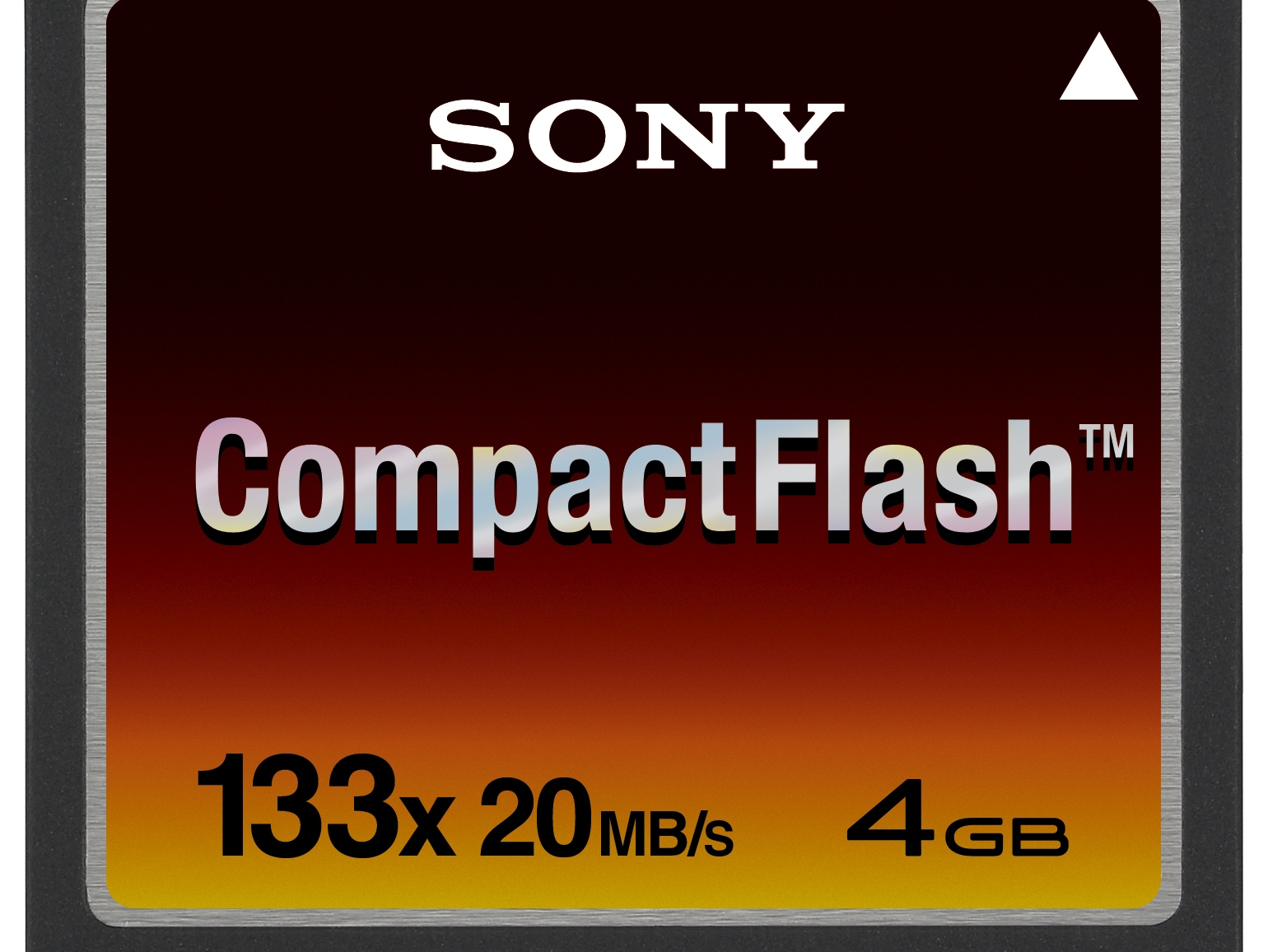Sony moving into CompactFlash market
Sony no longer faithful to Memory Stick relationship

Sign up for breaking news, reviews, opinion, top tech deals, and more.
You are now subscribed
Your newsletter sign-up was successful
In a surprise move, Sony has announced that it is to abandon its total commitment to the Memory Stick format and begin making its own CompactFlash cards .
Sony's prosumer-level digital cameras have always featured a slot for CompactFlash cards alongside one for the firm's own Memory Stick, but Sony's decision to begin making its own line of CF cards has come as something of a shock.
For the last nine years the Tokyo electronics giant has stuck rigidly to producing its proprietary memory-card format, rather than support a more open standard such as SD or CF.
Indeed, it grudgingly put CF card slots in its high-end cameras, starting a few years back, for two reasons. Firstly, it was targeting photography professionals and serious amateurs who value their robustness and faster write speeds (up to twice as fast as the best Memory Stick).
Secondly, it bought part of Konica-Minolta a year ago and wasn't about to alienate all the customers it acquired there by dropping CF support.
Now, with the rapid shift to multi-megapixel digital SLRs, such as Sony's own Alpha DSLR-A100 , it seems the company has realised it may as well profit from the memory cards such cameras require and so will release its first CF cards this spring. The initial products will be CF Type I cards of between 1GB and 4GB, rated at 66x and 133x transfer speeds and carrying the same Alpha branding as the A100. J. Mark Lytle
Sign up for breaking news, reviews, opinion, top tech deals, and more.
Tech.co.uk was the former name of TechRadar.com. Its staff were at the forefront of the digital publishing revolution, and spearheaded the move to bring consumer technology journalism to its natural home – online. Many of the current TechRadar staff started life a Tech.co.uk staff writer, covering everything from the emerging smartphone market to the evolving market of personal computers. Think of it as the building blocks of the TechRadar you love today.